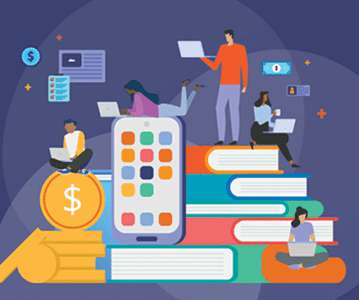The future of intelligence
Learning with 'e's
JANUARY 2, 2013
In his seminal work, Natural Born Cyborgs (2003), Clark sees a future that combines the best features of human and machine, where we literally wear or physically internalise our technologies. A persistent digital divide exists between the industrialised world and emerging countries. He is right. References Clark, A.














Let's personalize your content